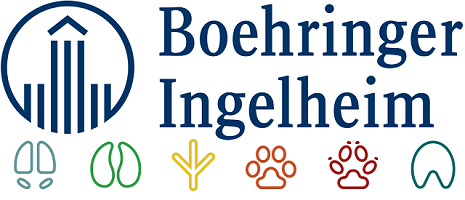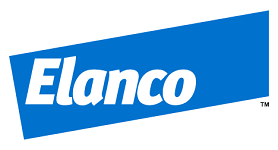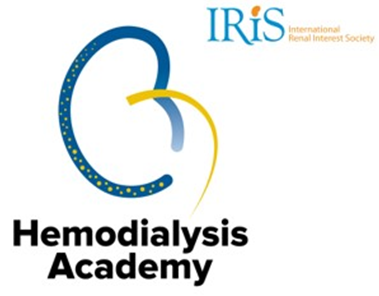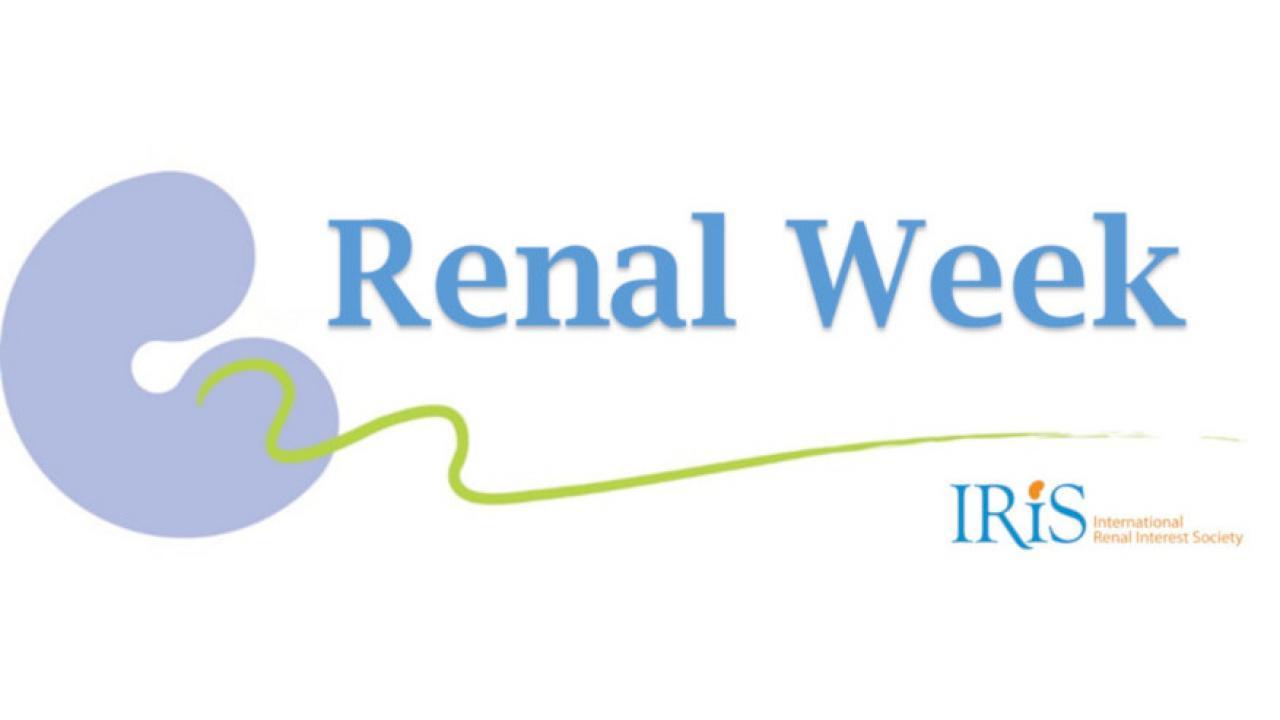
Renal Week: March 20, 2023 - March 23, 2023
|
Extracorporeal Boot Camp: March 23, 2023 - March 25, 2023
|
REGISTRATION IS CLOSED
Program Information
The Center for Continuing Professional Education will facilitate the International Renal Interest Society (IRIS) Renal Week on March 20-23, 2023 at the UC Davis School of Veterinary Medicine campus.
The formal IRIS Renal Week meeting is followed by a two-and-a-half-day Extracorporeal Boot Camp on March 23-25, 2023 for those seeking an introduction to extracorporeal therapies. Both the IRIS Renal Week and Extracorporeal Boot Camp provide extended hands-on opportunities for laboratory sessions demonstrating intermittent and continuous hemodialysis procedures, therapeutic apheresis, and evaluation of diagnostic kidney biopsies.
The 2023 IRIS Renal Week and Extracorporeal Boot Camp provide an outstanding opportunity to interact and engage with fellow colleagues with a devoted interest in nephrology and extracorporeal therapies. Renal Week will stimulate the novice and the advanced learner.
Renal Week Program: March 20 - 23, 2023
VIEW/DOWNLOAD RENAL WEEK SCHEDULE
The lecture instruction will be available as a webinar to those who cannot attend in person. (Webinar option does not include labs).
A highlight of Renal Week is the presentation of diverse laboratory/discussion sessions to compliment the lecture programming. These interactive sessions provide direct demonstration of the principles and applications of extracorporeal therapies and procedural aspects of nephrology. This year there are 11 laboratory/discussion options presented on Tuesday and Wednesday afternoon. Due to the limited space for most sessions, attendees are invited to enroll in 4 of the 11 options on a first-come-first-serve availability at registration. We regret that everyone will not be able to participate in some sessions, so register early to secure availability for your interest.
Renal Week lab schedule coming soon.
Renal Week Laboratory Descriptions
VIEW/DOWNLOAD LABORATORY SCHEDULE
- Lab 1: Demonstrated Principles of Hemodialysis
- This traditional laboratory for Renal Week illustrates visually in real-time all the fundamental principles of hemodialysis and hemoperfusion including:
Diffusion
Convection
Filtration equilibrium
Differential solute diffusion
Effects of blood flow
Back filtration
Compartmentation of solutes
Effects of ultrafiltration and fluid administration
Sorbent hemoperfusion - Lab 2: Delivery of Slow Hemodialysis Treatments on an Intermittent Hemodialysis (IHD) Platform
- This laboratory offered for a third year demonstrates and compares 4 alternative techniques to deliver slow and prolonged (CRRT-like) treatments appropriate for severely uremic and small patients on an intermittent hemodialysis platform not designed for slow treatments. This laboratory is ideal for programs with only a single IHD platform and was a good hit at the past Renal Week.
- Lab 3A: Demonstration of Centrifugal-based Therapeutic Plasma Exchange and Plasma Adsorption on the TerumoBCT Optia™ Platform
- This laboratory will demonstrate the principles of centrifugal therapeutic plasma exchange (cTPE) and plasma absorption using the TerumoBCT Optia™. cTPE is an important emerging extracorporeal therapy in veterinary medicine for the management of a variety of immune-mediated diseases; and plasma absorption is used for poisonings not manageable by hemodialysis and has applications for a variety of other diseases including cancer and myocardial infarction among others.
- Lab 3B: Demonstration of Centrifugal-based Therapeutic Plasma Exchange and Plasma Adsorption on the Fresenius-Kabi Amicus Platform
-
This laboratory will demonstrate the principles of centrifugal therapeutic plasma exchange (cTPE) and plasma absorption using the Fresenius-Kabi Amicus platform. cTPE is an important emerging extracorporeal therapy in veterinary medicine for the management of a variety of immune-mediated diseases; and plasma absorption is used for poisonings not manageable by hemodialysis and has applications for a variety of other diseases including cancer, severe inflammation, and myocardial infarction among others.
- Lab 4A: Demonstration of Cytapheresis (CMNC) on the TerumoBCT Optia™ Platform
- This laboratory will demonstrate the principles of cytapheresis (collection/removal of specific cells from the flowing blood) using the TerumoBCT Optia™. Continuous mononuclear cell (CMNC) cytapheresis is an important component for emerging therapies including bone marrow transplantation, adoptive T-cell immune-therapies for cancer, and CAR-T therapies. The lab will illustrate how specific cell types can be selected from the flowing blood.
- Lab 4B: Demonstration of Cytapheresis (MNC) on the Fresenius-Kabi Amicus Platform
- This laboratory will demonstrate the principles of cytapheresis (collection/removal of specific cells from the flowing blood) using the Fresenius-Kabi Amicus. Mononuclear cell (MNC) cytapheresis is an important component for emerging therapies including bone marrow transplantation, adoptive T-cell immune-therapies for cancer, and CAR-T therapies. The lab will illustrate how specific cell types can be selected from the flowing blood.
- Lab 5: Demonstration of Hemodialysis and Hemoperfusion on the Baxter PrismMax Platform
- This laboratory is similar to Lab 1 except it illustrates visually in real-time the fundamental principles of hemodialysis, hemofiltration, and hemoperfusion on the Baxter PrisMax CRRT platform. The illustrated principles include:
Diffusion
Convection
Adsorption
Filtration equilibrium
Hemodiafiltration - Lab 6: Demonstration of Membrane-based Therapeutic Plasma Exchange and Plasma Adsorption on the Baxter PrisMax Platform
- This laboratory will demonstrate the principles of membrane-based therapeutic plasma exchange (mTPE) and plasma adsorption using the Baxter Prismax CRRT Platform. mTPE is an important growing extracorporeal therapy in veterinary medicine for the management of a variety of immune-mediated diseases and intoxications; and plasma absorption is an adjunctive therapy used to extend the efficacy of mTPE for poisonings not manageable by hemodialysis. It has applications for a variety of other diseases including cancer. The PrisMax CRRT platform is a being widely utilized by critical care and nephrology based extracorporeal programs for the utility of a single machine providing both hemodialysis and mTPE treatment capabilities. The Prismax is the newest generation CRRT machine replacing the PrismaFlex platform from Baxter.
- Lab 7: Demonstration of Carbon Hemoperfusion on the Aimalojic Hemoperfusion Platform
- Hemoperfusion is an adsorptive extracorporeal technology used to clear the blood of abnormal solutes or toxins by adsorption from the flowing blood over a sorbent. Carbon is emerging as an effective and safe sorbent for veterinary hemoperfusion and is being used to manage a variety of life-threatening intoxications and poisonings. The lab will demonstrate the adsorptive properties of carbon on a new hemoperfusion platform designed for veterinary applications.
- Lab 8: How to Prescribe Hemodialysis for the CRRT and IHD Platforms
- This case-based laboratory will introduce attendees to a new perspective and method to prescribe and deliver hemodialysis for IHD or PIRRT treatments on either an IHD or CRRT platform. The demonstrates how to transitions from prescriptions based on blood processed strategies to prescriptions based on delivered clearance (Kt) which are readily delivered on either platform.
- Lab 9: Extracorporeal (Ultrasound-guided) Catheter Placement and Management
- This interactive laboratory will demonstrate ultrasound-guided techniques for catheter placement for extracorporeal therapies. Participants also will be able to practice catheter placement on realistic simulated patients. Proper suturing, securing, handling, locking, and bandaging techniques will also be discussed and illustrated.
- Lab 10: Clinical and Pathology Interpretation of the Kidney Biopsy
- An accurate diagnosis of renal disease depends on the proper interpretation of the laboratory data and evaluation of a biopsy by a pathologist with expertise in nephropathology. Ideally renal biopsies are evaluated by light microscopy, transmission electron microscopy and immunofluorescence microscopy. The most accurate diagnosis of renal disease and glomerular disease is possible when clinicopathologic and imaging modalities are utilized in concert to decipher patterns of disease. Each individual pattern is composed of multiple elements (adaptations, lesions) that in aggregate determine the proper classification of the disease. It is this classification that allows the clinician to make the most accurate diagnosis and subsequent treatment plan.
Dr. Cianciolo is unable to be in person for Renal Week and will cover the anatomic pathological changes that occur in the glomerular and tubulointerstitial compartments virtually in the lecture hall. It will focus on identifying the individual morphological elements that are present in the common patterns of renal disease with focus on the dog. Laboratory data and histomorphic, ultrastructural and immunofluorescence images will be used to illustrate these common patterns. Emphasis will also be put on describing the mechanisms by which lesions develop. The session will be an interactive lecture format. At the end of the session the attendees should have an understanding of the elements that comprise the most common patterns of glomerular and tubulointerstitial disease and of the mechanisms by which they occur. - Lab 11: Theory and Practice of Regional Citrate Anticoagulation
- Regional citrate anticoagulation is an important option for the safe delivery of extracorporeal therapies in patients at risk of bleeding. Many extracorporeal platforms, however, do not incorporate this option into their operating software, and this therapy must be delivered manually. Dr. Thierry Francey has perfected this technique for veterinary applications and provides the “why” and “how” to provide regional citrate in your extracorporeal program.
- Lab 12: Demonstration of an Emergency Manual (Bridge) Dialysis System
- In catastrophic or under austere emergency circumstances, access to traditional extracorporeal centers may be compromised, or the actual center may be temporarily offline (power failure, earthquake, flood, etc.) and unable to provide emergent extracorporeal therapies. Under these conditions a manual extracorporeal system may serve as a life-saving emergency bridge until conventional treatments become available. This laboratory demonstrates a manual dialysis system that can quickly and effectively deliver extracorporeal therapies for such emergency circumstances or in settings where conventional extracorporeal therapies are not available.
- Lab 13: Ex vivo Demonstration of the Seraph 100 Affinity Blood Filter for Extracorporeal Adsorption of Circulating Pathogens
- This session introduces and demonstrates a breakthrough advance in extracorporeal adsorptive therapies for the broad-spectrum elimination of circulating viral or bacterial pathogens with the ExThera Medical Seraph 100 affinity blood filter.
Extracorporeal Boot Camp: March 23 - 25, 2023
VIEW/DOWNLOAD BOOT CAMP SCHEDULE
The lecture instruction will be available on-site only. (Webinar option will not be available). The interactive lab sessions for the Extracorporeal Boot Camp is included in the price registration. There is no additional fee to register for the lab sessions.
Registration
REGISTRATION IS CLOSED
Webinar: A webinar option will be available for Renal Week LECTURES ONLY (no labs). The webinar will be live (Pacific Standard Time) and interactive; it will count for full CE credit. No recording will be available for viewing after the event. There will be no webinar option for the Extracorporeal Boot Camp.
If you have never attended a Zoom webinar before, test your computer or mobile device here.
Deadline to Register
Renal Week On-Site: March 10, 2023 at 5pm (PDT)
Renal Week Webinar: March 17, 2023 at 5pm (PDT)
Extracorporeal Boot Camp: March 10, 2023 at 5pm (PDT)
- Renal Week Registration (March 20 - 23, 2023)
-
RENAL WEEK (MARCH 20 - 23, 2023) ON-SITE: LECTURES ONLY ON-SITE: LABS
(cost per lab | max of 4 labs per participant)WEBINAR: LECTURES ONLY Veterinarian $682 $50 $612 Registered Veterinary Technician $450 $50 $360 Trainee $450 $50 $360 - Extracorporeal Boot Camp Registration (March 23 - 25, 2023)
-
EXTRACORPOREAL BOOT CAMP (MARCH 23 - 25, 2023) ON-SITE: LECTURES AND LABS Veterinarian $420 Registered Veterinary Technician $312 Trainee $312
Social Dinners
Gala Evening ReceptionDate: Monday, March 20, 2023 Join us at UC Davis School of Veterinary Medicine for an evening reception at Gladys Valley Hall as we start off Renal Week. Renal Week Attendees can select this option during registration. |
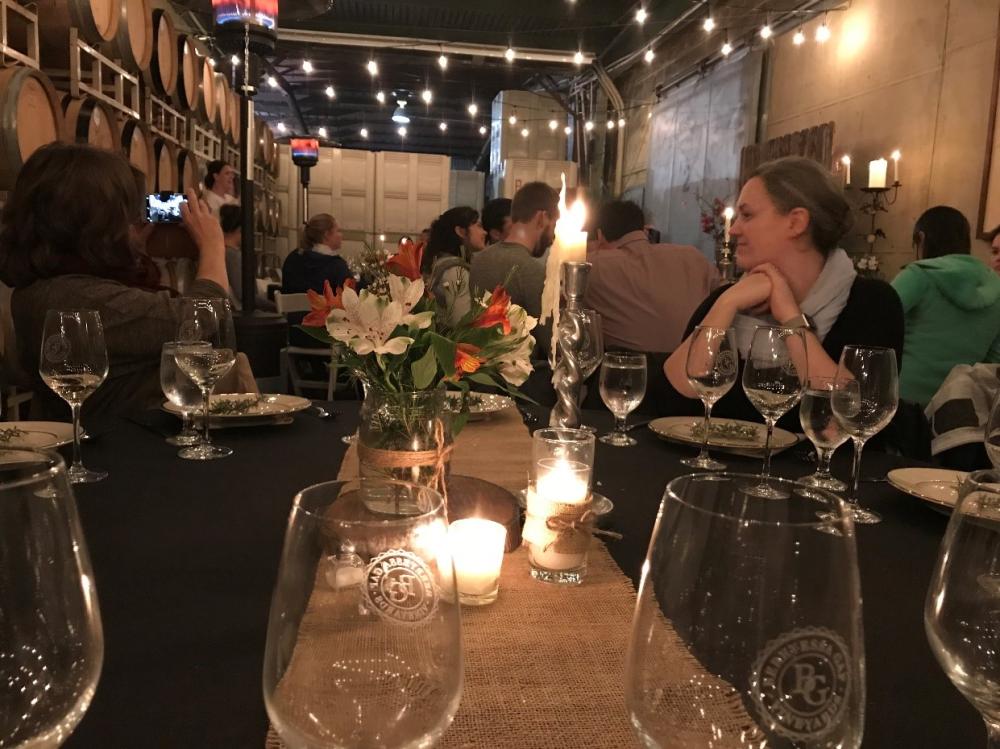
Turkovich Wine Tasting DinnerDate: Tuesday, March 21, 2023 SOLD OUT! Renal Week Attendees: Join us for an elegant, yet relaxed, dinner at a local winery in beautiful Winters, CA. Chartered transportation (included in the Wine Tasting Dinner price) will be provided to the Turkovich Family Winery, located just 25 minutes from Davis, with beautiful views of the Vaca mountains. The winery produces “quality small-lot wines from the best vineyards in Western Yolo County.” The evening will begin with appetizers followed by a pouring taste of Turkovich Family Wines paired with a 4-course dinner. Space is limited to 50 people, first come, first served. Renal Week attendees can select this option during registration. We hope you will join us for this special event! |
Location
The Renal Week and Extracorporeal Boot Camp is held at the University of California, Davis, School of Veterinary Medicine, in Davis, CA, USA. The UC Davis campus provides an exceptional venue for delivery of the state-of-the-art presentations and diverse laboratories offered at Renal Week. Located in the heart of northern California, UC Davis also provides break away opportunities for the Napa and Sonoma wine valleys, San Francisco, Lake Tahoe, Yosemite National Park, and the beautiful north coast of California. The excitement of the educational content will be complimented by the camaraderie of fellow nephrologist and a variety of extracurricular activities.
Lodging
The hotel reservation information with the Hyatt Place UC Davis will be provided when you complete your registration. The Hyatt Place UC Davis is offering a group discount rate. Room rates and availability are subject to change.
For other hotels near Davis, click here.
There are several events happening in Davis during this week, hotel availability is running out fast. Secure your hotel reservations as soon as possible.
Transportation
Participants are responsible for their own transportation to and from the course, as well as during the course. Additional transportation options and directions can be found here.
A refund for Renal Week and/or Extracorporeal Boot Camp will be made, less a $100.00 processing fee if the cancellation request is received by email no later than February 20, 2023 (11:59 p.m. PST), otherwise, a refund will be made, less a $150.00 processing fee.
Social Dinners are non-refundable after February 20, 2023 (11:59 p.m. PST).
All requests must be made in writing. Submit cancellation request via email to svmcontinuinged@ucdavis.edu.



